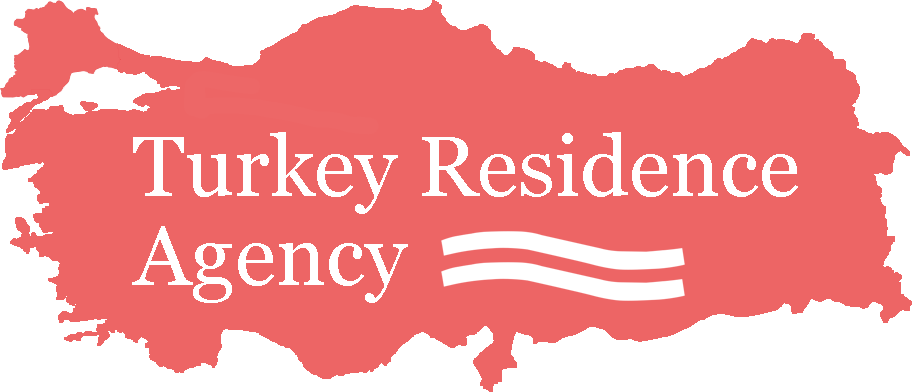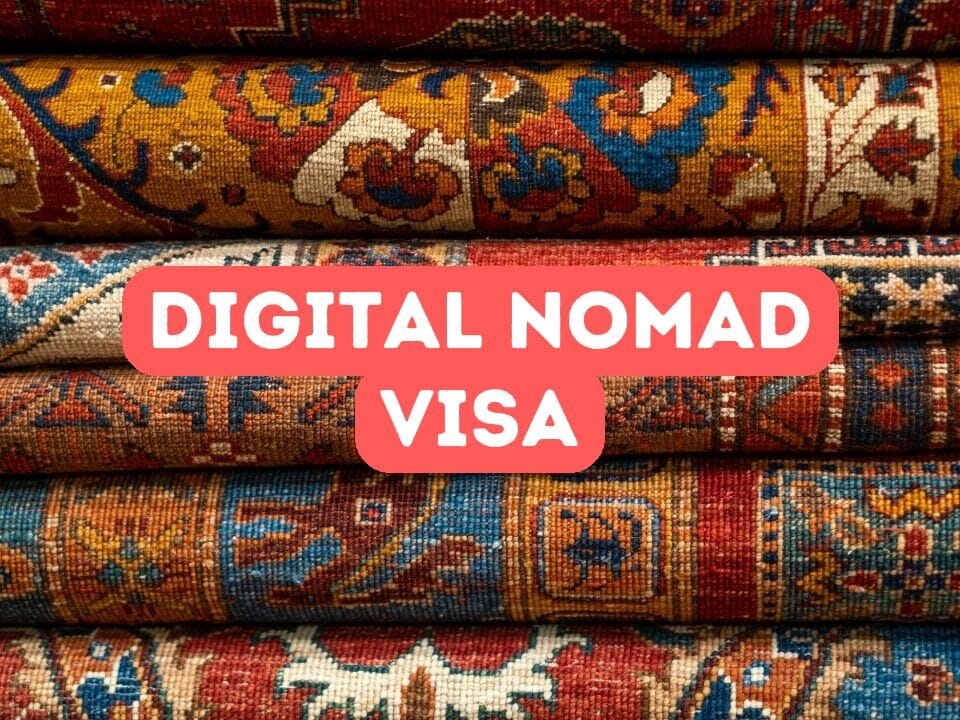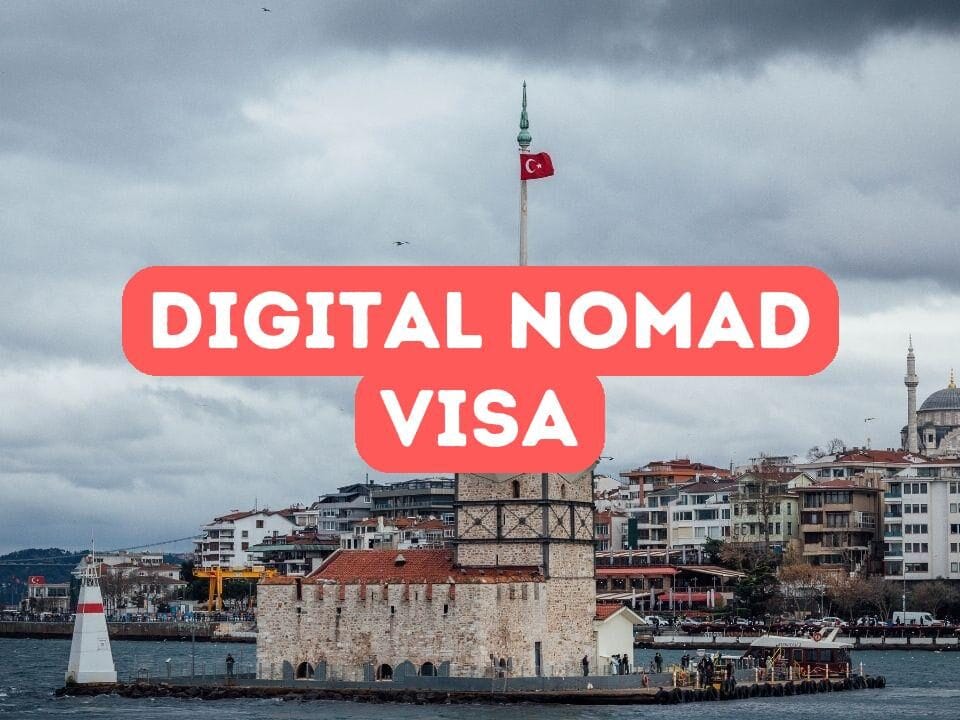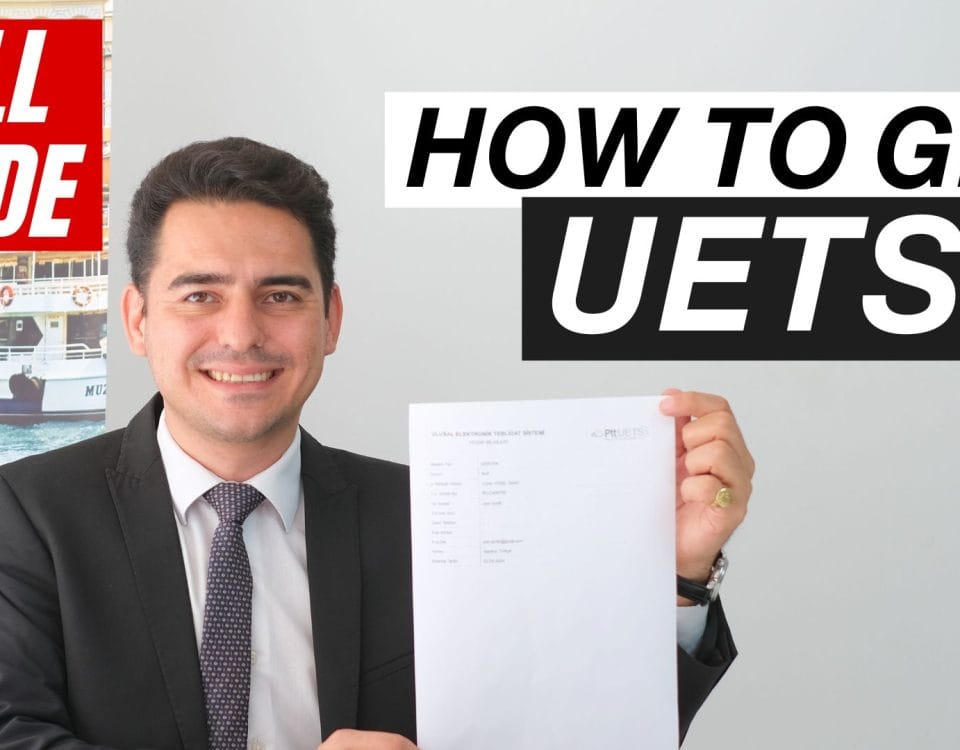Family Life in Turkey: Education Choices and Resources for Resident Families
The fabric of family life in Turkey is woven with rich cultural threads, each strand representing the diverse and dynamic nature of its society. In the heart of this societal tapestry lies a crucial element: education. Resident families in Turkey are presented with a myriad of educational choices and resources, each pivotal to shaping the minds and futures of the younger generation. The country offers a unique blend of traditional values and modern educational approaches, providing an educational landscape that caters to various needs and aspirations. From public schools embracing the national curriculum to private institutions offering international programs, and from alternative educational resources to technological innovations in learning, the educational environment in Turkey is both multifaceted and accessible. As a cornerstone for personal development and societal progress, the decisions families make about education in Turkey are as consequential as they are reflective of the evolving expectations and norms within its borders.
Navigating Educational Paths: Options for Resident Families in Turkey
For resident families in Turkey, navigating the educational system begins with choosing between public and private schools. The public education system is widespread and government-funded, offering compulsory education that is free of charge from primary through high school. Rooted in secular principles, these schools follow a standardized curriculum set by the Ministry of National Education, focusing on a broad spectrum of subjects, from the sciences to the humanities. Private schools, on the other hand, serve as an alternative for families seeking a different educational approach, often featuring bilingual education, international curricula such as the IB or Cambridge programs, and a closer teacher-student ratio. Consequently, the decision between public and private schooling can greatly impact a child’s learning environment, as it often influences the language of instruction, cultural exposure, and the breadth of academic opportunities available to young learners in Turkey.
Beyond the binary choice of public versus private education lies an array of specialized institutions that cater to diverse needs and interests—from science-focused schools to fine arts academies. These centers of learning, often referred to as Temel Lise or Anadolu Lise, provide specialized curriculums that emphasize particular disciplines, thereby attracting students passionate about those fields. Furthermore, Turkey’s education system also offers Imam Hatip schools, which integrate a traditional religious education with the standard curriculum for families emphasizing a spiritual component in their children’s upbringing. Additionally, international and foreign language schools present in major cities are popular among expatriate and local families alike, favoring a more global educational framework. With these choices, the landscape of education in Turkey allows families to align their children’s schooling with specific career aspirations, linguistic proficiencies, and cultural affinities, thus offering a tailored fit to the mosaic of students’ individualized paths.
In the digital age, Turkish families are also exploring supplementary educational resources to enrich the standard curriculum. Online platforms and educational software have become prevalent, providing interactive and personalized learning experiences outside the traditional classroom. Children can now benefit from extracurricular online courses, language apps, and virtual tutoring, all of which reinforce classroom learning and cater to individual paces and preferences. These tools not only offer flexibility and a vast range of subjects but also instill vital twenty-first-century skills such as digital literacy and self-motivated learning. This paradigm shift has bolstered the notion that education in Turkey is not confined within school walls but is an ever-expanding realm, influenced by technology and innovation, granting families the power to construct an eclectic and comprehensive educational journey for their children.
Harnessing Community and State Assets: Essential Resources for Education
In the pursuit of educational excellence, families in Turkey harness both community and state assets to provide a robust learning environment for their children. The state underpins this process through a network of public schools, which offer free education to all, championing inclusivity and adherence to the Turkish national curriculum. These institutions are supplemented by community centers, libraries, and cultural associations, where children can immerse themselves in extracurricular activities such as arts, music, and sports, fostering a well-rounded education. This blend of formal education and community engagement ensures that Turkish children are not only academically proficient but also culturally connected and socially adept, equipping them with the diverse skillset necessary in a rapidly globalizing world.
Moreover, the Turkish government facilitates a range of educational resources beyond the conventional classroom. Science and technology centers, often sponsored by state universities or municipal governments, offer hands-on experiences that stimulate interest and expertise in STEM fields from an early age. Likewise, language and cultural exchange programs, bolstered by Turkey’s geopolitical position straddling East and West, provide students with valuable international perspectives and language proficiency, essential in today’s interconnected world. This governmental support is complemented by a host of online platforms and digital libraries, offering free or subsidized access to academic journals, e-books, and educational software, thereby democratizing knowledge and offering equal opportunities for learners across the socio-economic spectrum to excel.
To further reinforce the educational framework, Turkey’s commitment to lifelong learning is reflected in robust adult education and parental support programs. Recognizing that parents are pivotal to a child’s educational journey, the government and various NGOs offer workshops and courses designed to empower parents with the skills and knowledge needed to support their children’s scholastic endeavors. Topics range from digital literacy to effective communication techniques, ensuring that all family members are actively engaged in the educational process. These resources help to create a supportive home environment that values education, bridging the gap between school and family life, and fostering an atmosphere where learning is a shared, intergenerational journey. The emphasis on a cohesive educational strategy illustrates Turkey’s holistic approach to nurturing an informed, skilled, and adaptable population ready to meet the challenges of the future.
Cultivating Learning Environments: Insights into Turkey’s Family Education Dynamics
In Turkey, the cultivation of learning begins early, with preschool education widely regarded as a foundational stage in a child’s development. Families have the option to enroll children in state-funded kindergartens, which are free of charge and follow the national curriculum, or in private preschools that can offer diverse pedagogies, including Montessori or Reggio Emilia. There is a growing emphasis on bilingual education as well, especially in regions with an influx of international residents, catering to both expatriate and Turkish families who prioritize multilingual learning. The government’s recent initiatives to increase preschool enrolment and improve educational quality demonstrate a commitment to accessible early childhood education. This not only reflects the state’s acknowledgment of the critical role of early years in cognitive and social development but also aligns with the aspirations of parents who strive to give their children a strong, well-rounded start in their scholastic journey.
As children progress to primary and secondary education, the choices become more complex and personalized. Public schools remain the most common option, lauding no tuition fees and the benefit of immersing students in the culture and language of Turkey. However, for families seeking alternative curricula, private and international schools offer programmes such as the International Baccalaureate, British GCSEs, or the American curriculum, which can be appealing for both local and international career mobility. These institutions often feature smaller class sizes and a variety of extracurricular activities, fostering an environment that is conducive to individualized learning. Moreover, some families choose homeschooling, supported by a growing range of resources and communities. Regardless of the path taken, Turkish educational policy endorses inclusivity and equal opportunity, striving to create an egalitarian learning space that accommodates the diverse needs of its students.
In Turkey’s pursuit of educational excellence, parents and guardians play an influential role beyond the selection of schooling systems. They are increasingly utilizing online platforms and supplemental educational resources to enhance their children’s learning experiences. The availability of tutoring services, educational apps, and a wealth of informative websites has created a rich repository of knowledge, easily accessible from home. This aligns seamlessly with the Turkish family structure, where education is often a collective effort involving various family members. In addition to formal education, there is a cultural significance placed on the transfer of knowledge through family trades and ancestral crafts, which continues to be a vibrant aspect of Turkey’s educational fabric. By blending formal education with familial and cultural learning, Turkish families are not only reinforcing academic foundations but are also fostering a continuous love for learning that transcends the confines of the classroom.






